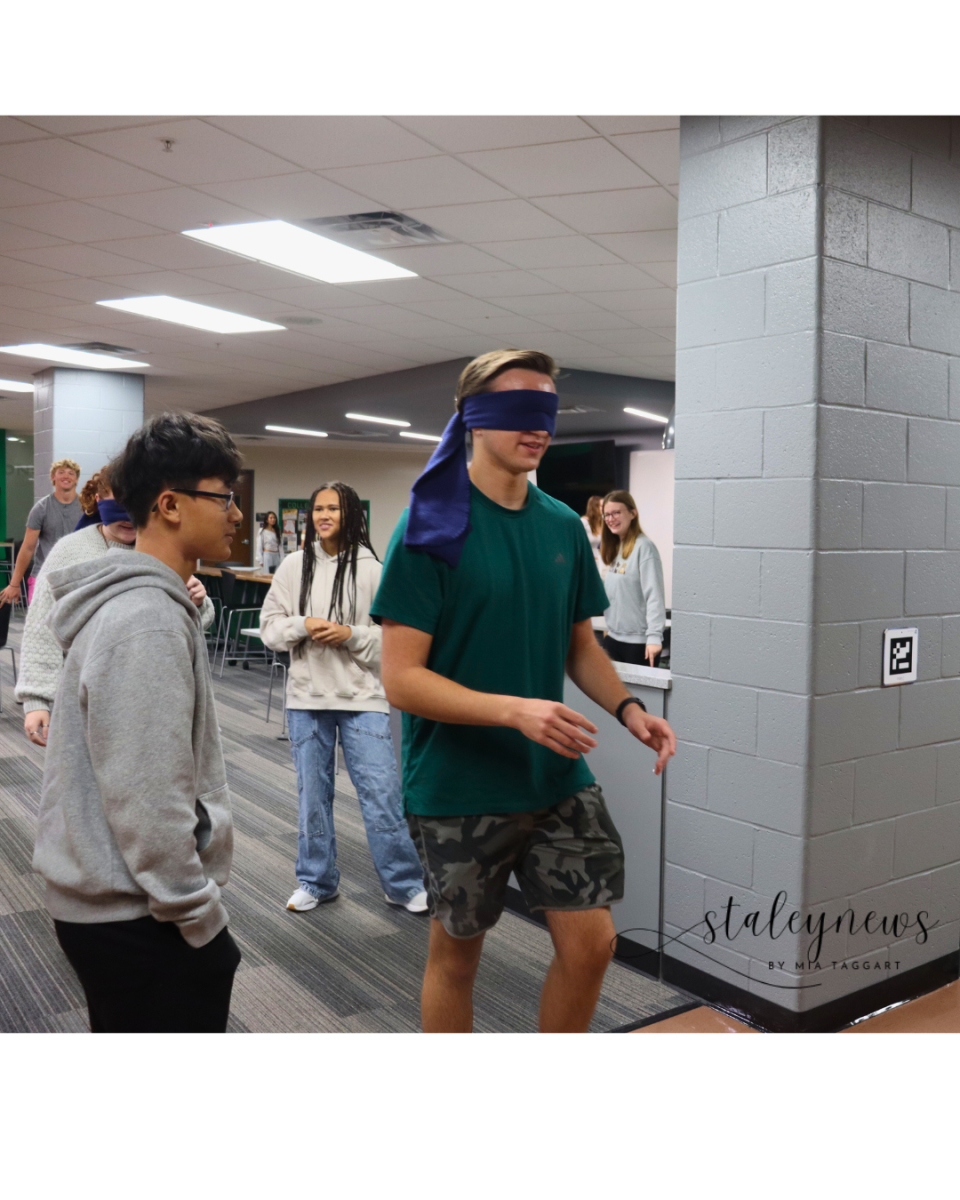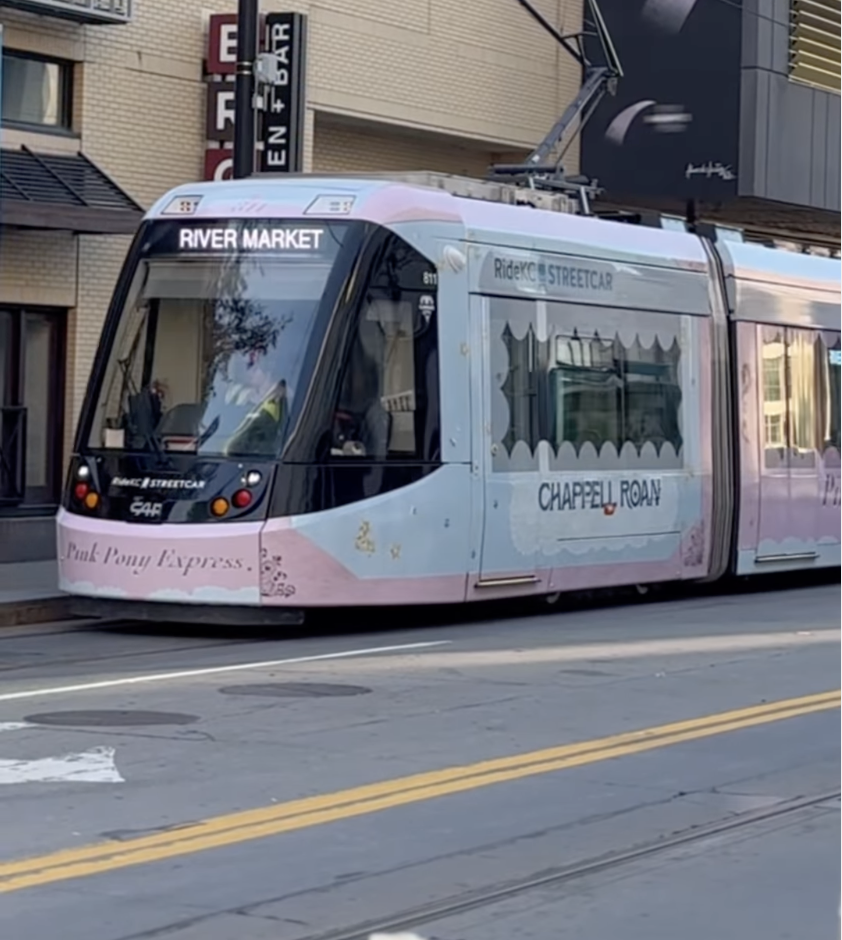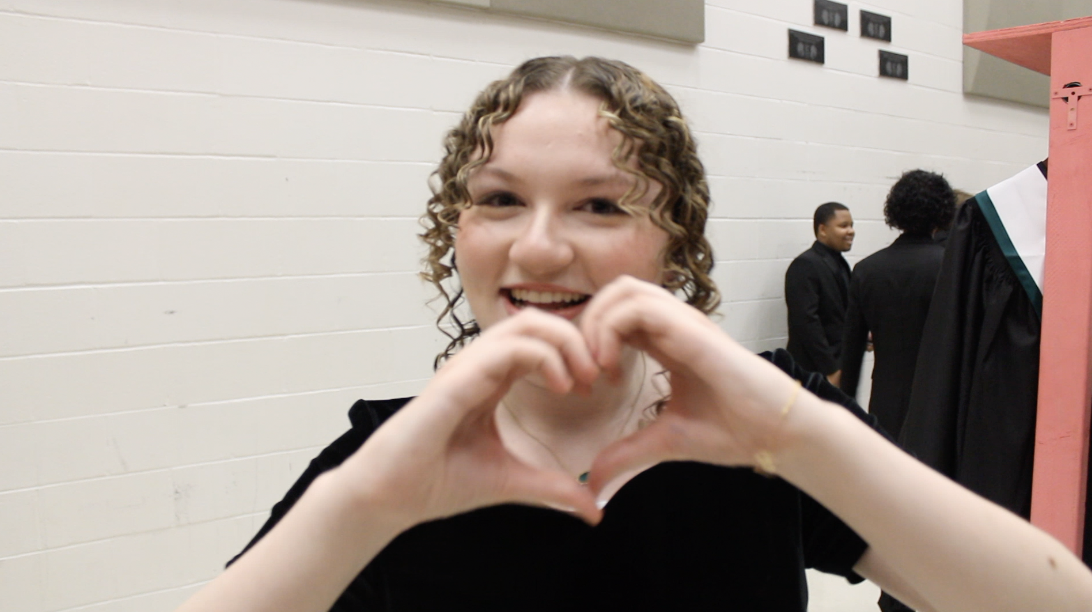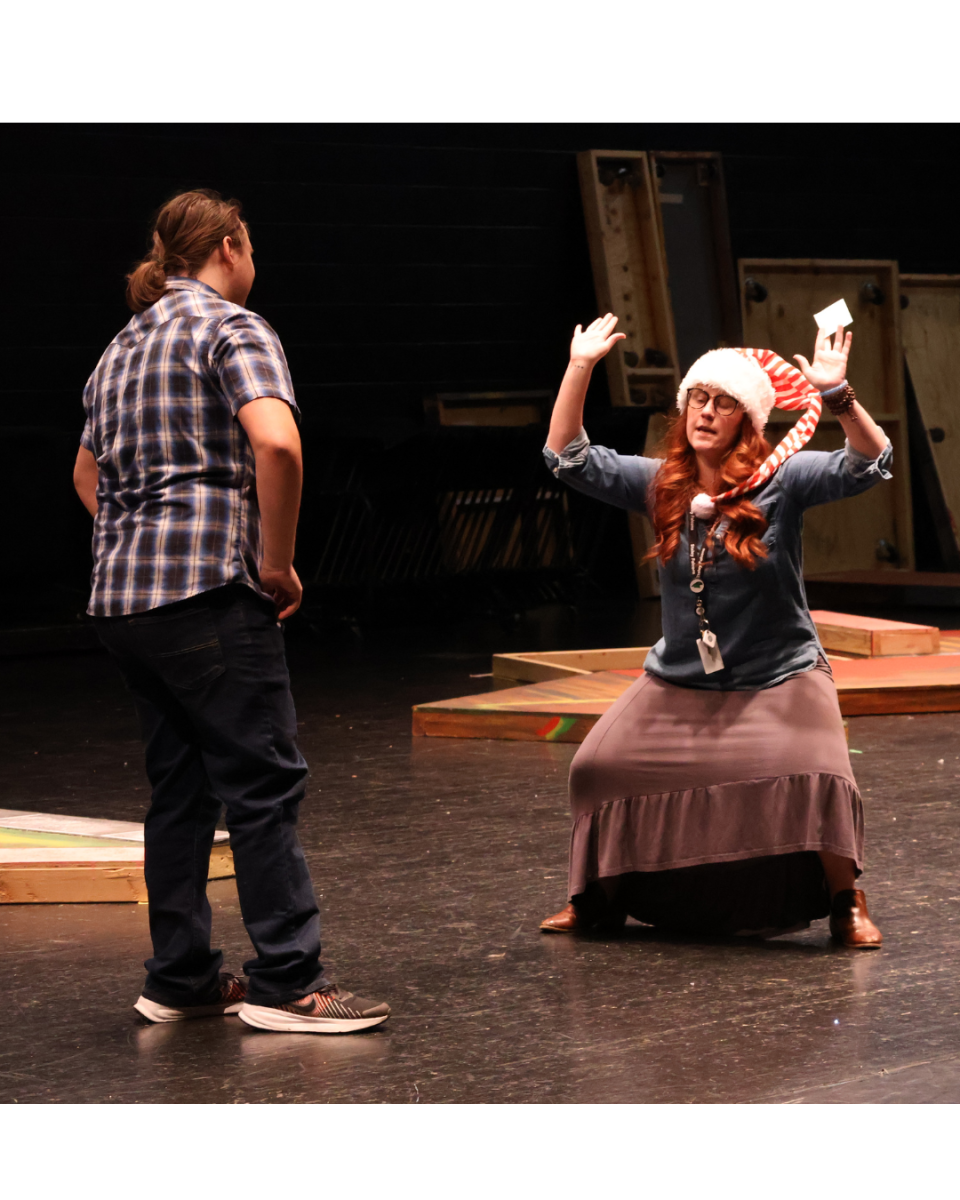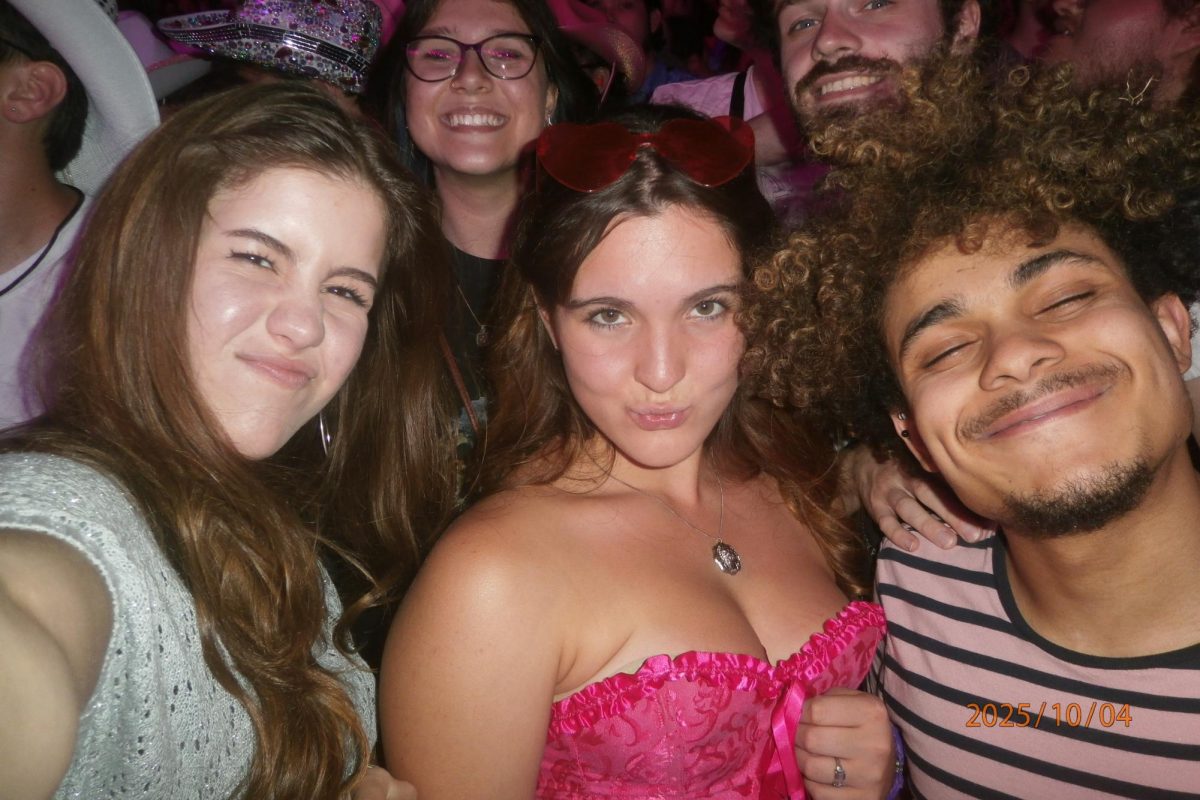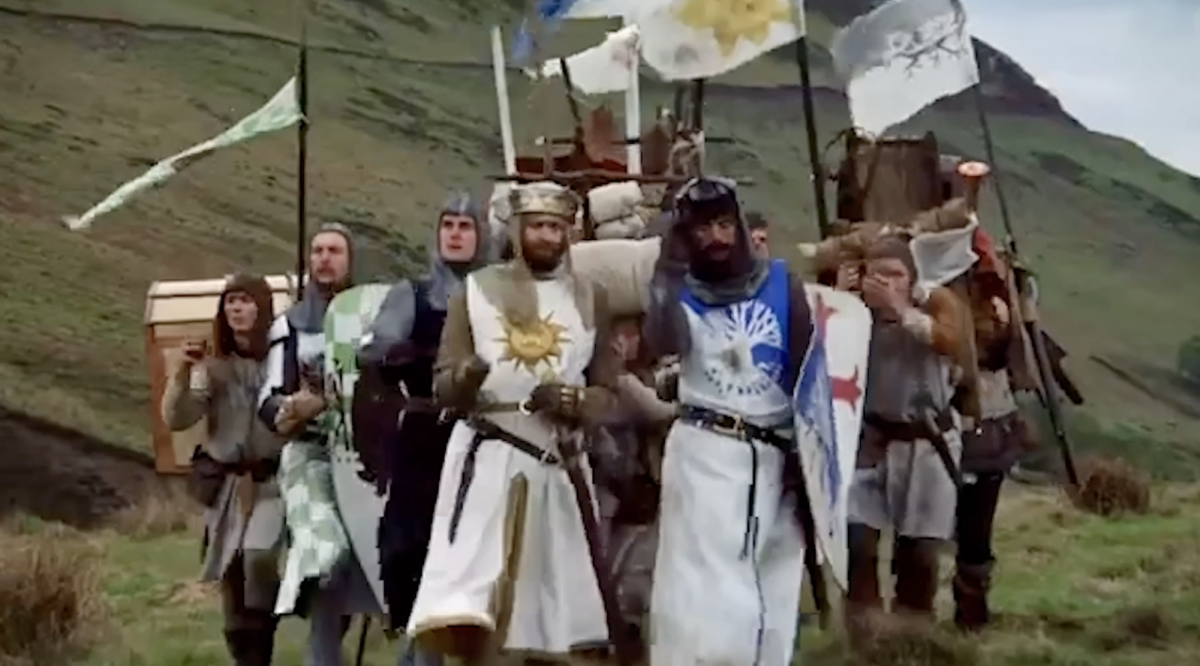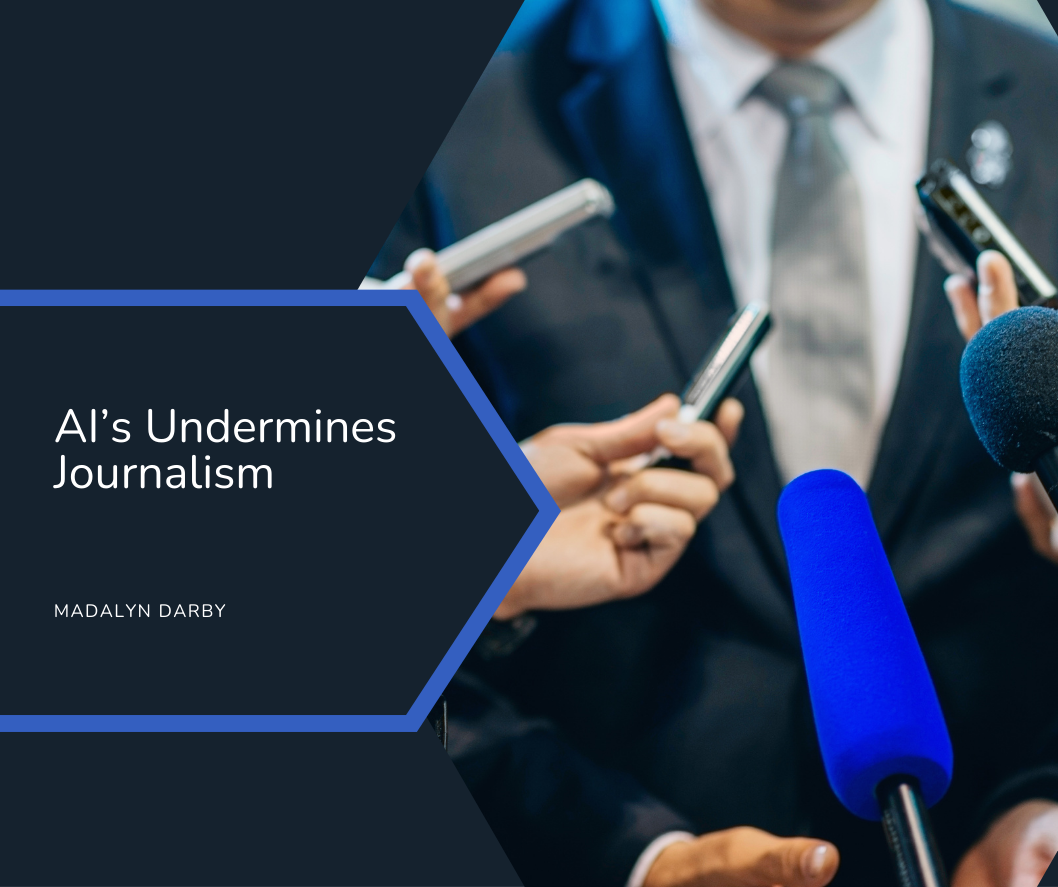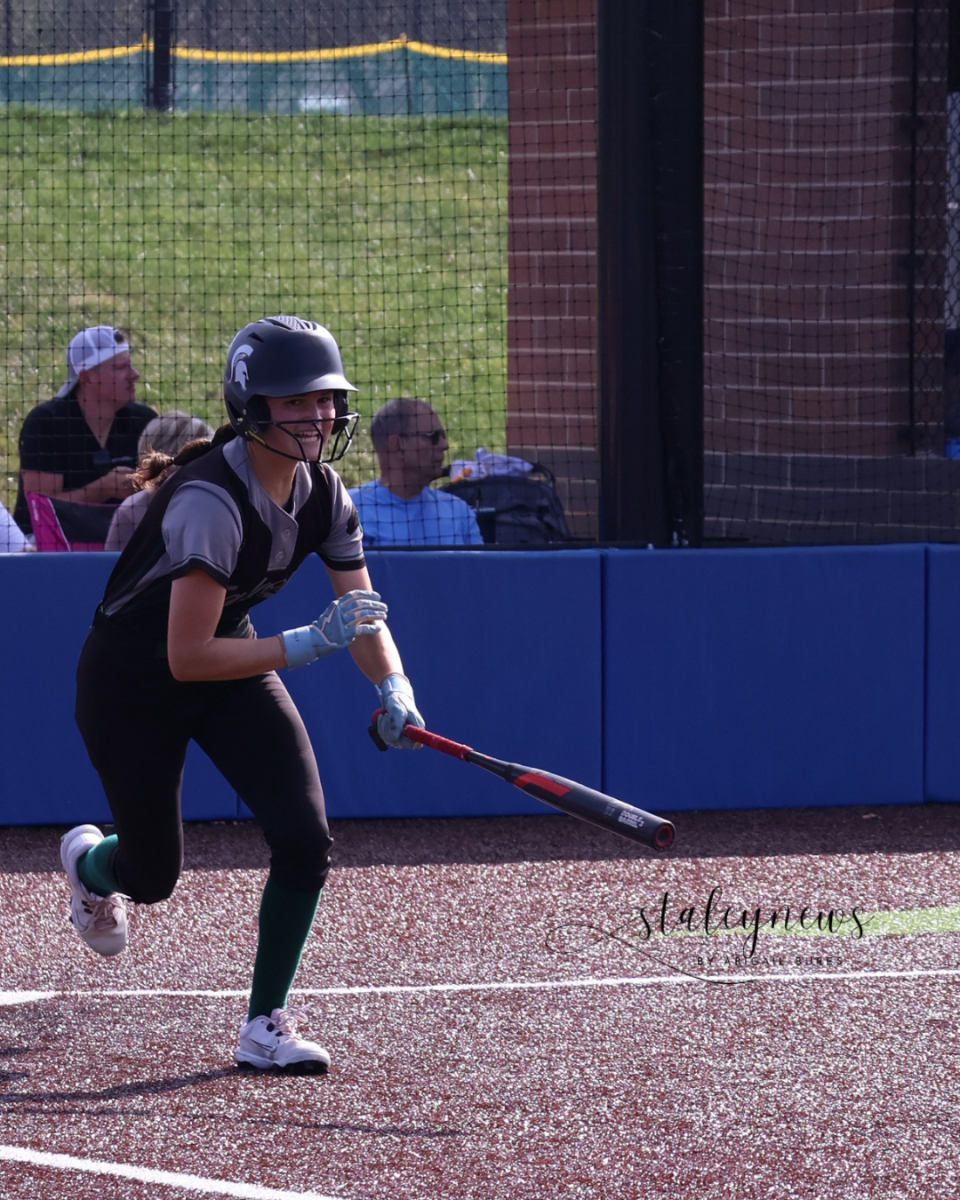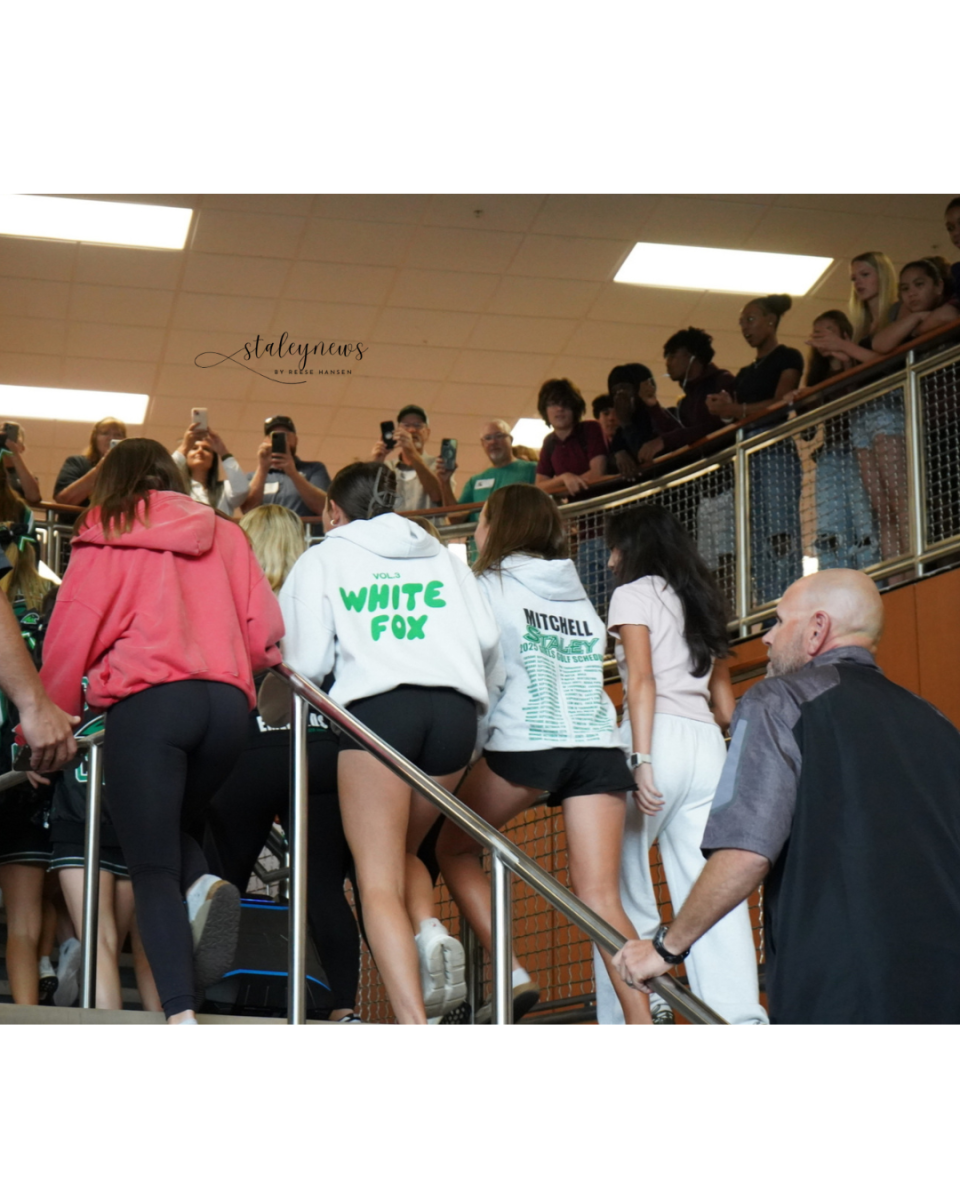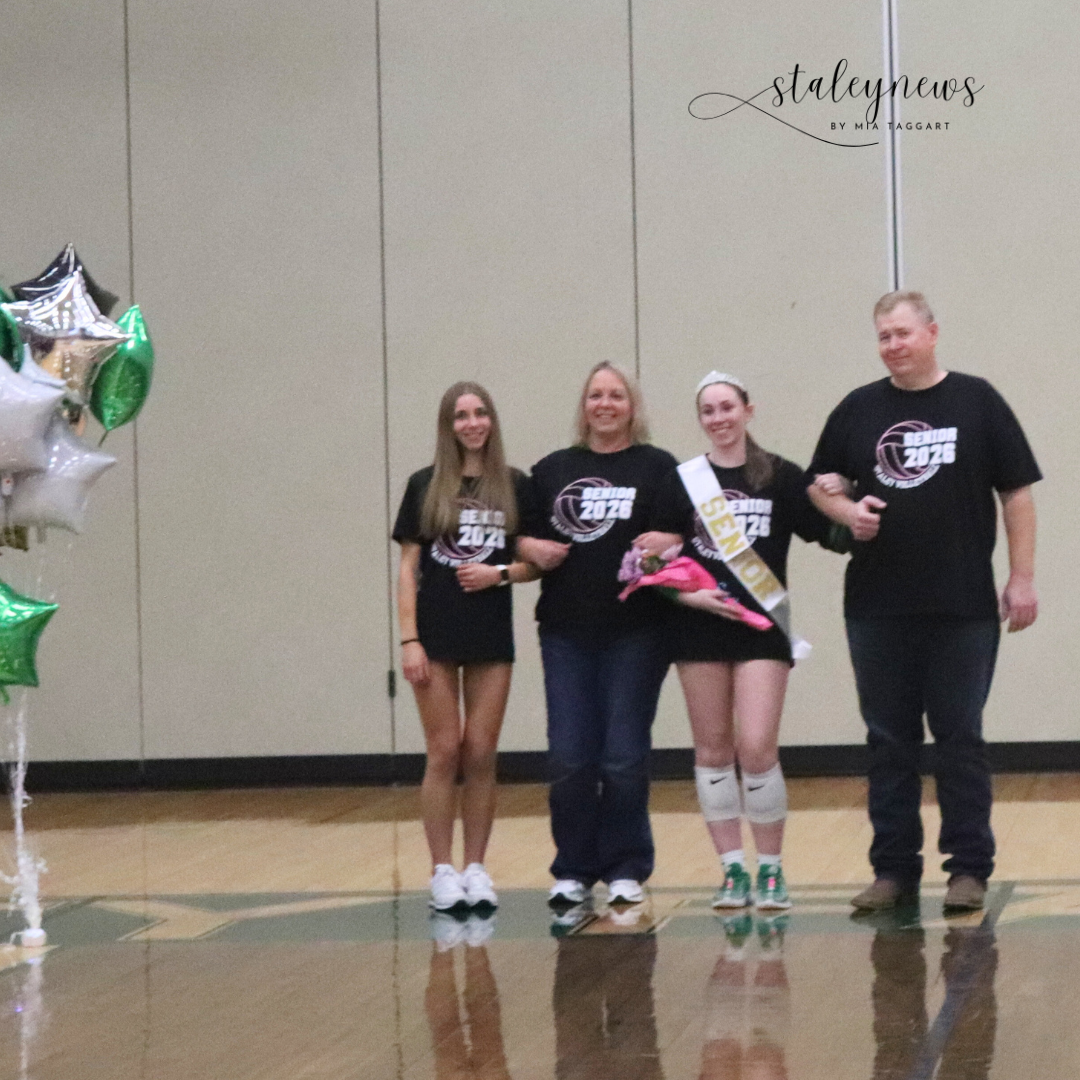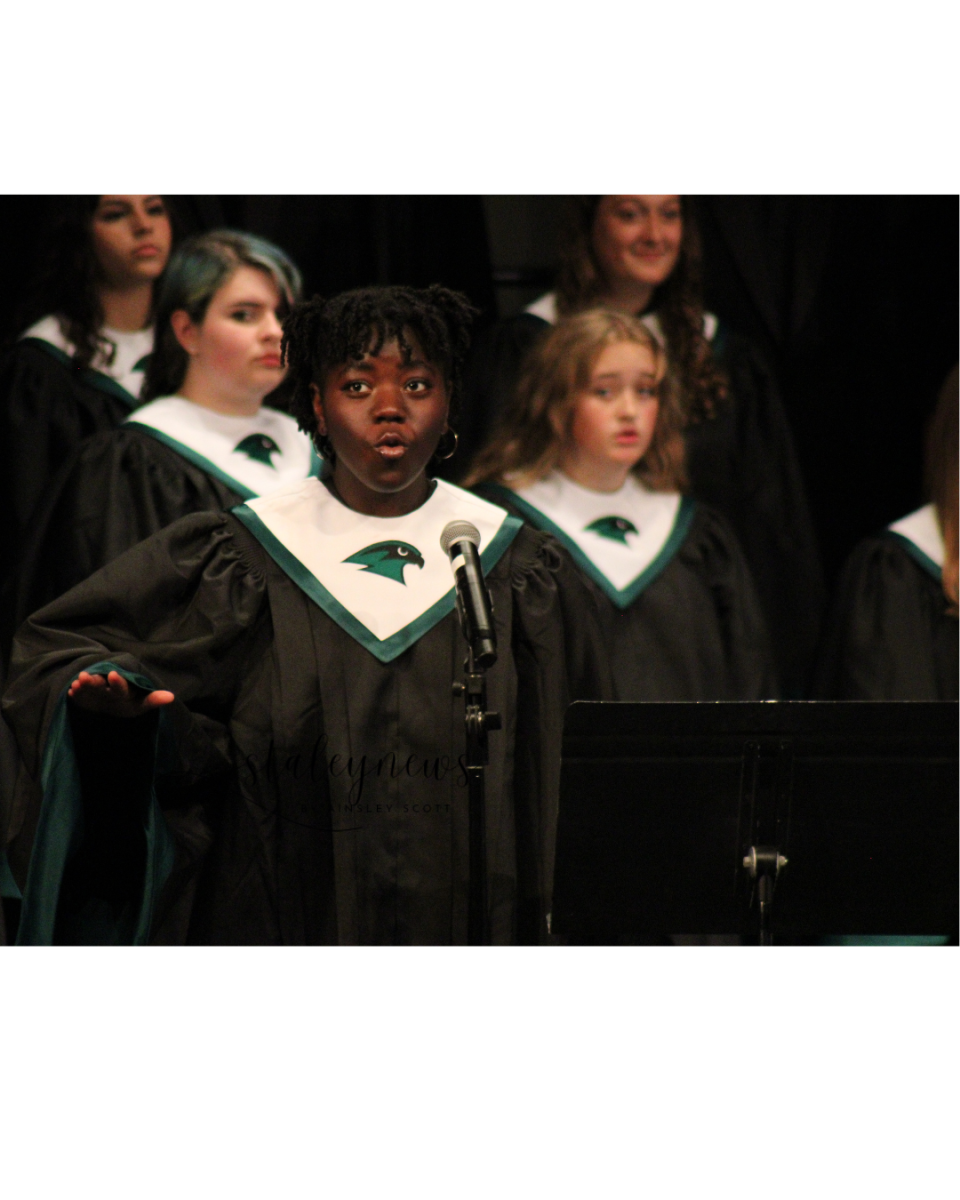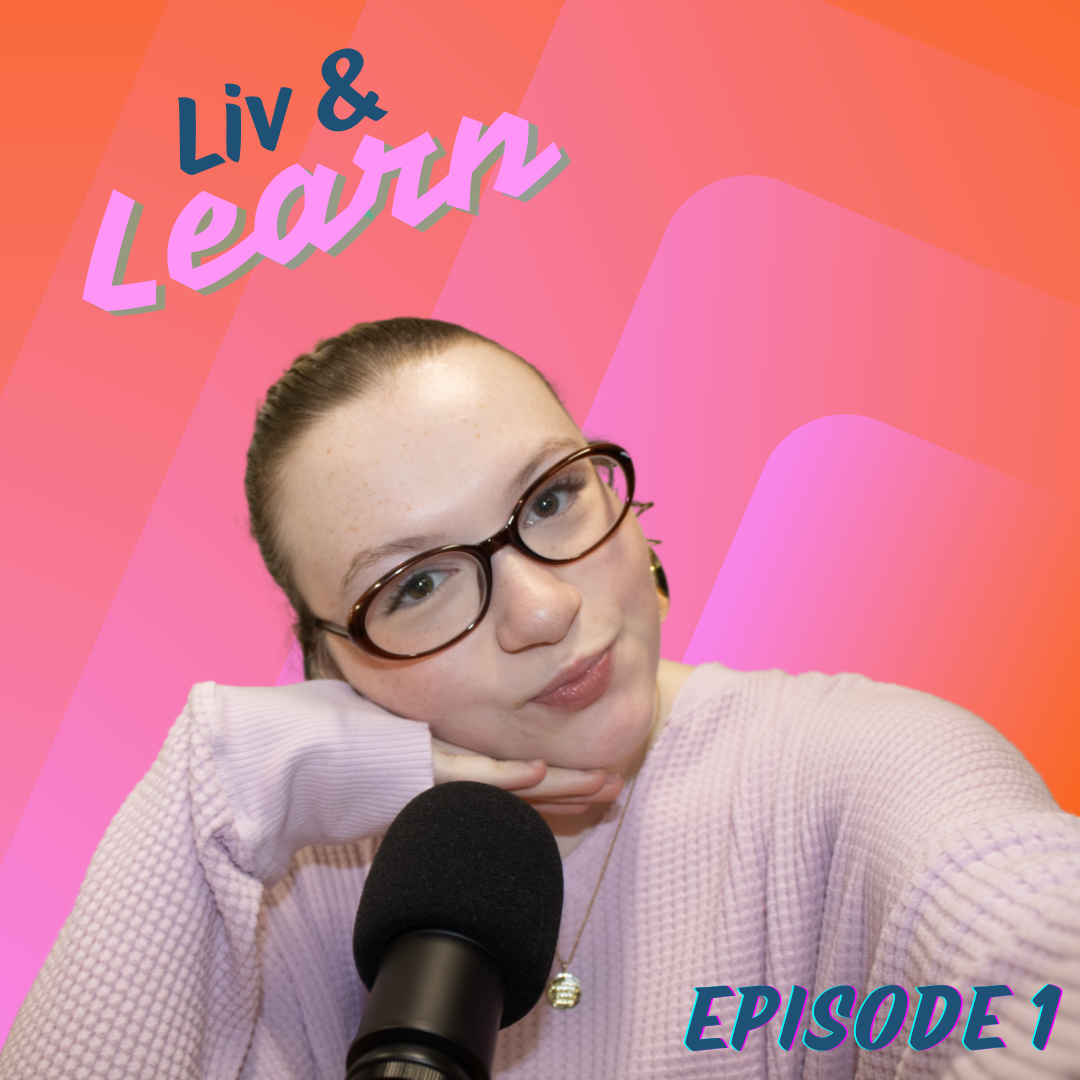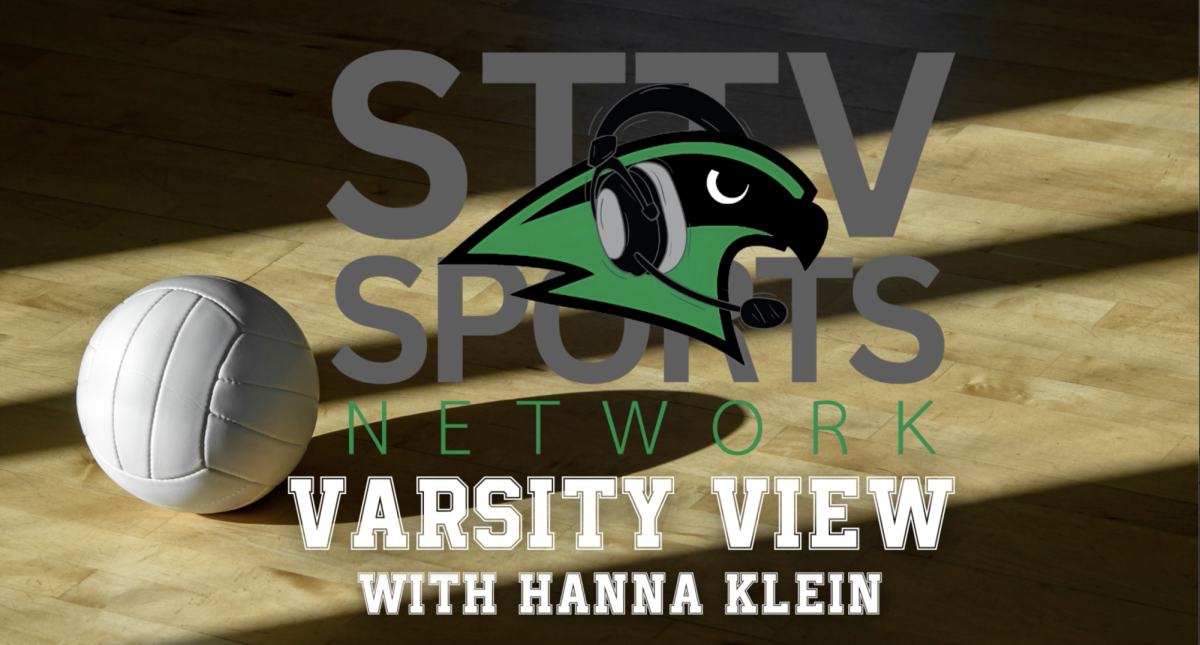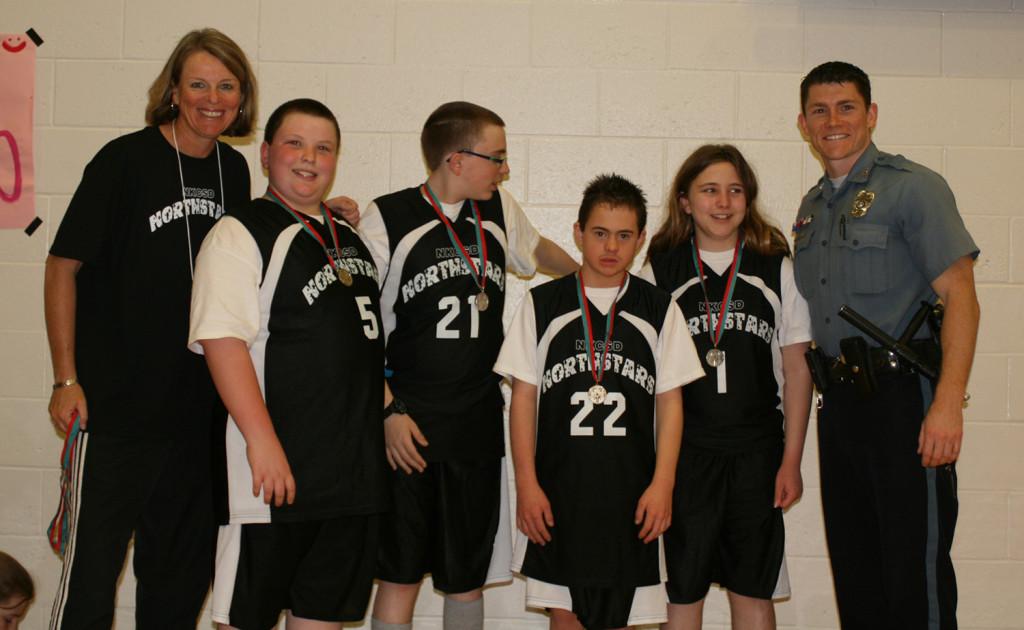A Special Kind of Love: Students, Coaches Benefit From Participating In Special Olympics
February 18, 2014
The Special Olympics creates an opportunity for coaches to help students who have special needs make connections, have fun and get some exercise. Participating in the Special Olympics also teaches the students new skills and allows them to have new experiences. Coaches involved in the Special Olympics also have the opportunity to learn many valuable life lessons.
“Never, ever judge an athlete’s potential based on their label,” said coach Pamela Rohlfing. “Every student has hidden potential; it is up to the coach to help him/her find it.”
Among the things that coaches are able to learn from the athletes is not to let small things upset them.
“These students have some very legitimate reasons to get down or frustrated, but they don’t,” said Special Olympics coach Monte Harmon. “As a coach, what more could you ask for?”
The students who participate in the Special Olympics receive the same benefits of exercise and team sports that any student gets when playing on a team. Taking part in this event teaches teamwork, as well as giving students higher levels of self-esteem and increased balance, flexibility and muscle growth, according to Kid Companions Online. The Special Olympics also help students maintain positive attitudes and work hard.
“In any circumstance, you can control two things, your effort and your attitude. If you maintain a positive, determined attitude and give your best effort, you can live with the results,” said Harmon.
The Special Olympics are beneficial to the coaches who participate as well.
“One thing being around Special Olympics athletes has taught me is, ‘Don’t sweat the small stuff,’” said Harmon.
Rohlfing said that students in Special Olympics show pride when they win a medal or a varsity letter.
“I am grateful to be involved,” said Rohlfing.
Students in the Special Olympics are also given an opportunity to create new friendships and build stronger bonds. Harmon said there are lots of hugs, high fives and fist bumps at the practices.
“Many of our athletes are very expressive,” said Harmon. “As I have said many times, ‘Never a bad day at Special Olympics.”


